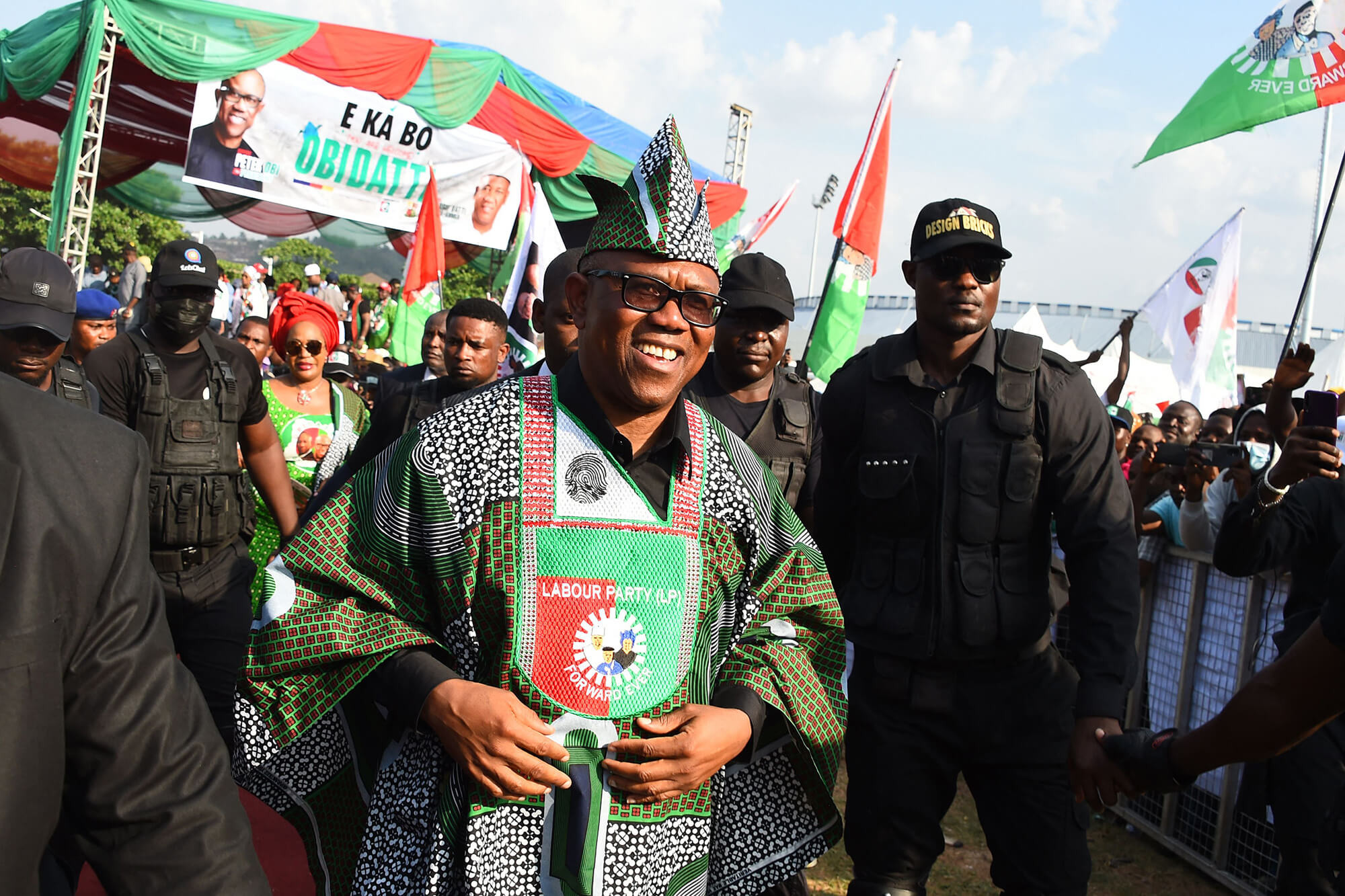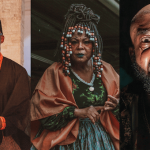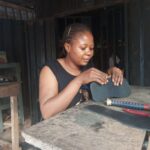A new Bloomberg poll has shown that a third-party candidate in Nigeria’s February 25 presidential election, Peter Obi, remains the favourite to win the election.
Obi, a former governor of Anambra State, is the candidate of the Labour Party that sprang to popularity just 18 months ago after he rode on his broad cross-regional youth support to decamp from the major opposition, the People’s Democratic Party, to the Labour Party.
The survey conducted by Premise Data Corp for the Bloomberg News makes it the sixth poll result favouring Obi. Two-thirds of the respondents said they would vote for Obi.
“Of the 93% of participants who said they’ve decided how to vote, 66% named Obi as their preferred choice,” Bloomberg wrote.
“Obi scored a slightly higher 72% among decided respondents in an earlier Premise poll that was released by Bloomberg in September [2022] as the official election campaign kicked off”.
The San Francisco-based Premise Data Corp said that 2,384 Nigerians from January 26 to February 4 voted via a smartphone application. Submissions were selected from quotas developed by age, gender, and location across the country’s six geopolitical zones, and results were then weighted against the original quotas to ensure national representation.
Perceived messiah
Obi’s supporters, mostly youths, believe he might be the saviour Nigeria has been waiting for to regain her glory in Africa and the world.
They think that his past demonstration of sound financial management as a successful billionaire businessman and later as Anambra State governor positions him to correct Nigeria’s economic woes that have seen over 133 million citizens, or over 60% of the population living in multidimensional poverty.
Obi is also believed to be more disposed to fight Nigeria’s common enemy, corruption and public funds embezzlement, given his perceived past demonstration of transparency in governance.
However, another poll conducted by Lagos-based media and data company, Stears, has predicted that Obi will only become victorious if there is a large turnout. But Bola Tinubu, the All Progressive Congress or APC candidate, might win if the election witnesses a low turnout.
Despite many polls endorsing Obi, APC’s Tinubu and Atiku Abubakar, the candidate of the major opposition, the Peoples Democratic Party, have consistently dismissed the poll results, calling Obi “social media president”.
They insist that those polls results do not reflect the reality on the ground as, according to them, most participants in the said polls vote via social media or use digital tools, while the majority of voters, especially the highly populated north, are neither on social media nor use sophisticated digital gadgets.
To win the election, a candidate must gather at least a quarter of all votes in two-thirds of Nigeria’s 36 states. Tinubu, Atiku, and their supporters do not believe Obi can get as many votes across the states because, according to them, his Labour Party does not have grassroots structures and the needed human and material resources to mobilise for the election.
According to a recent Bloomberg poll, Peter Obi, the Labour Party candidate for Nigeria's February 25 presidential election, is the favorite, with two-thirds of respondents indicating they would vote for him. Obi, who left the People's Democratic Party 18 months ago, has gained significant youth support across regions.
The poll by Premise Data Corp involved 2,384 Nigerians voting via a smartphone application, ensuring national representation through quotas on age, gender, and location. Previous polls also favor Obi, although lower turnout may favor Bola Tinubu of the All Progressive Congress (APC).
Obi’s supporters believe that his financial management skills and transparency from his past roles make him capable of addressing Nigeria's economic issues and corruption. However, rivals Tinubu and Atiku Abubakar downplay these polls, arguing they don't reflect the majority who lack digital access. To win, a candidate must secure at least a quarter of votes in two-thirds of Nigeria’s 36 states.






